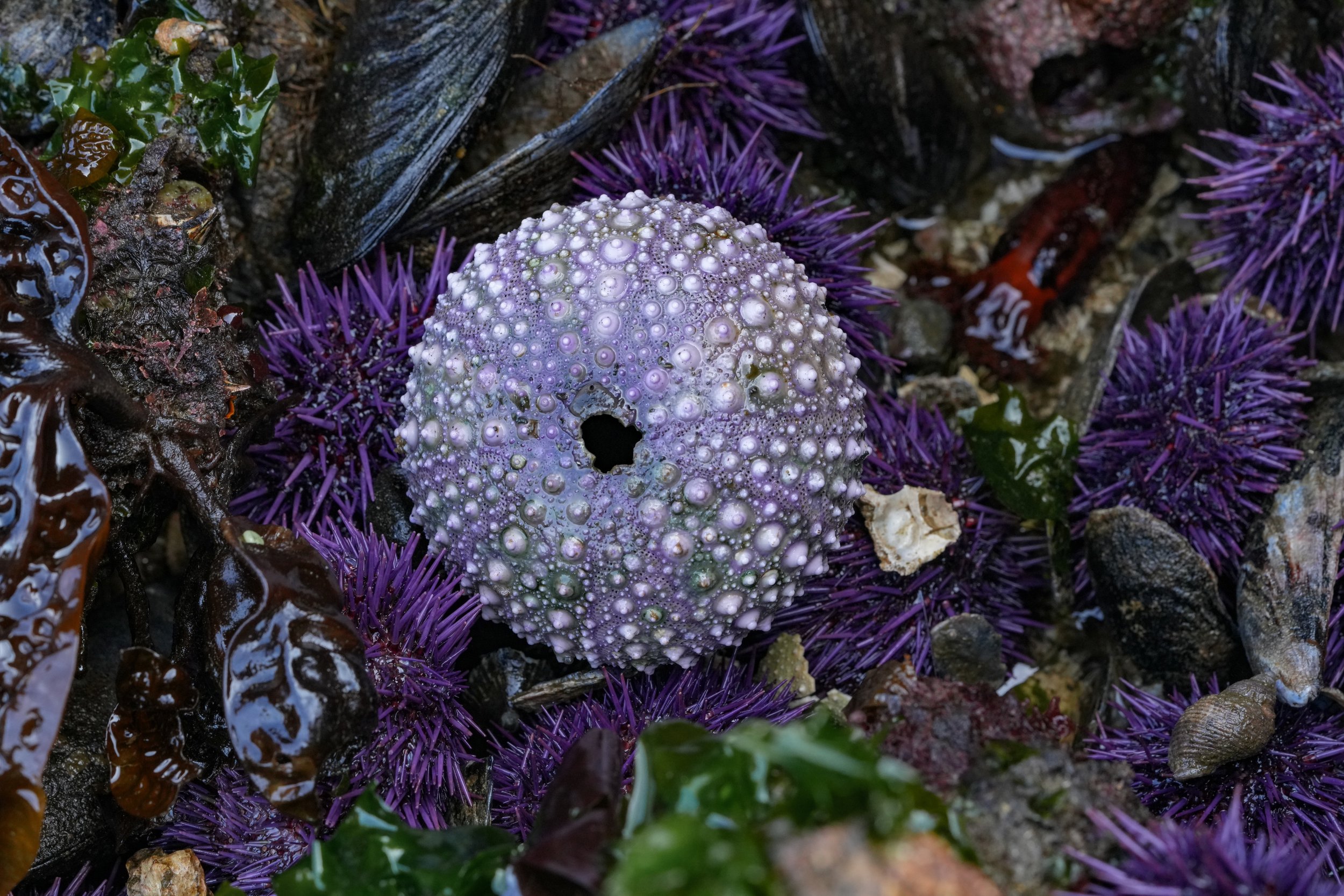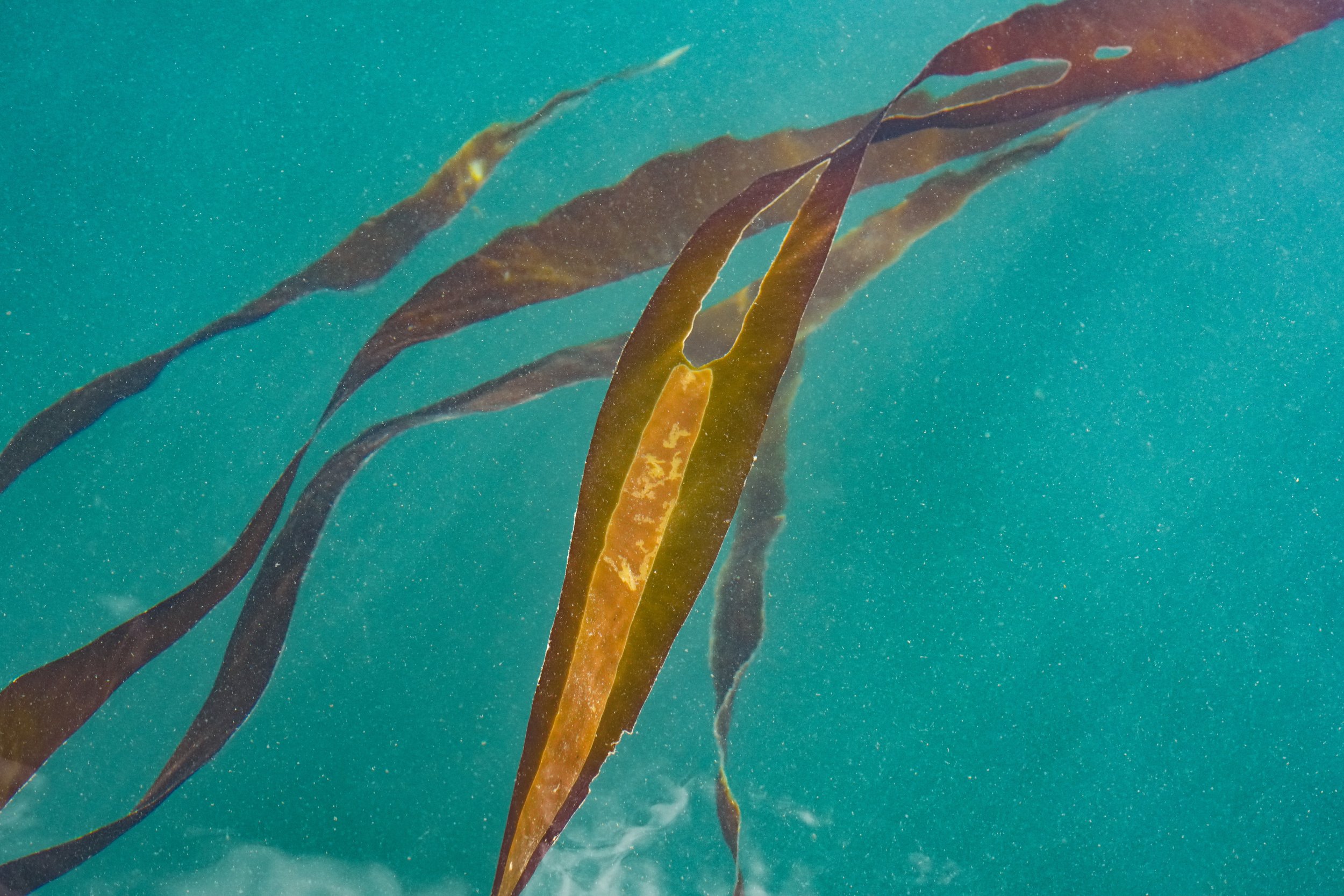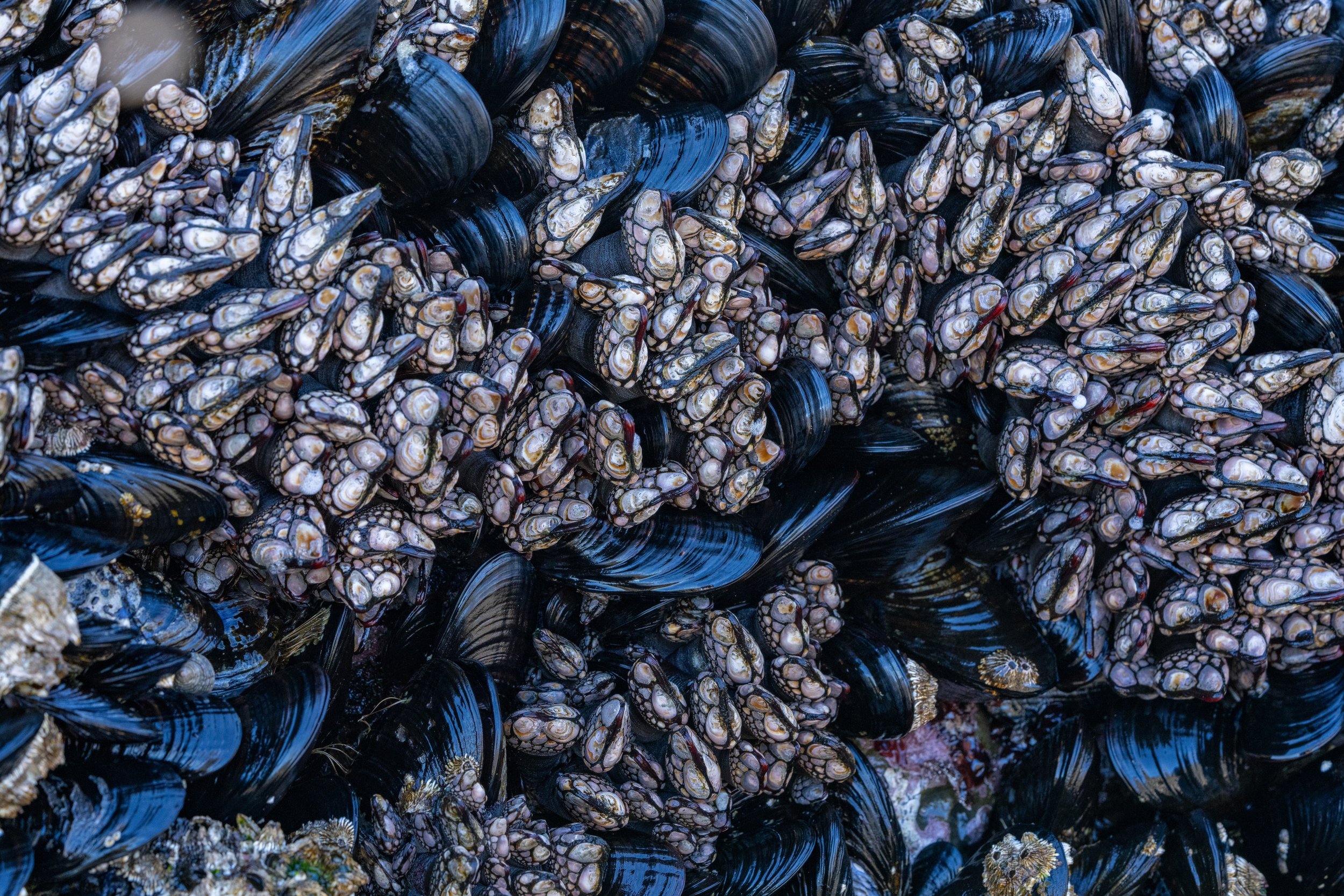Every year I struggle to choose the images for my calendars! It usually takes a couple of iterations to find the images that speak to me the most, look good in print, and reflect some of the highlights of my year out in the field. I offer 2 styles-a traditional style calendar in case you like space to write in and an art style, which is only images and calendar dates, more like a special, monthly photo gallery for your wall with a reminder of what day it is:) I don’t like adding information about the images in my calendars because I don’t want to take away from the images themselves, but people often want to know more about what they are looking at! Here are the images for this year’s traditional style calendar with a little information about them and where they were taken. Thank you for being here and for supporting my work!











